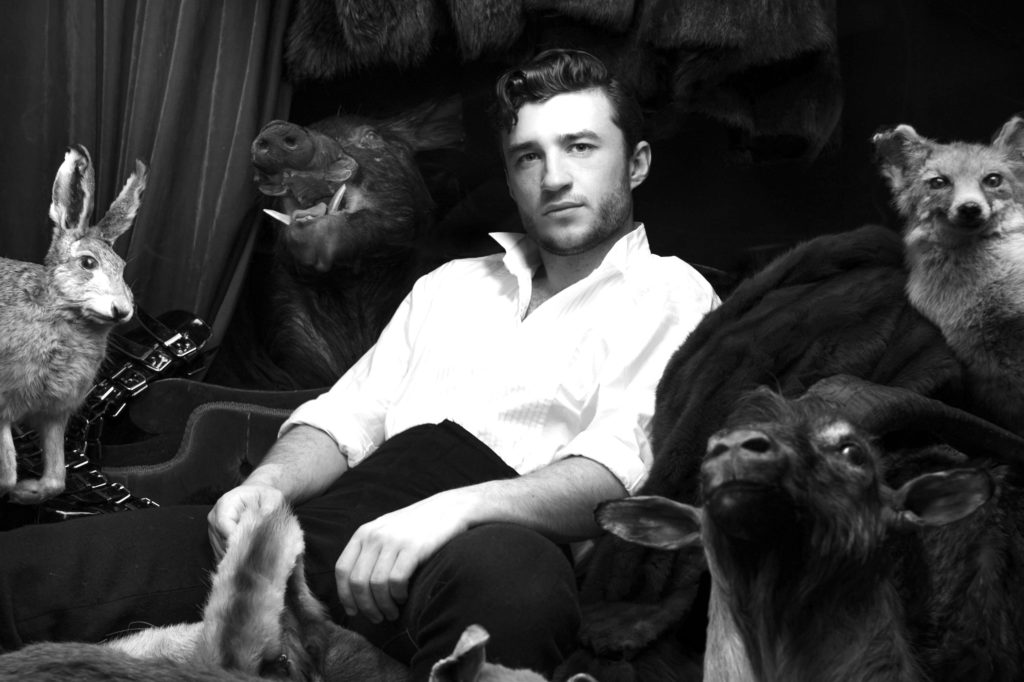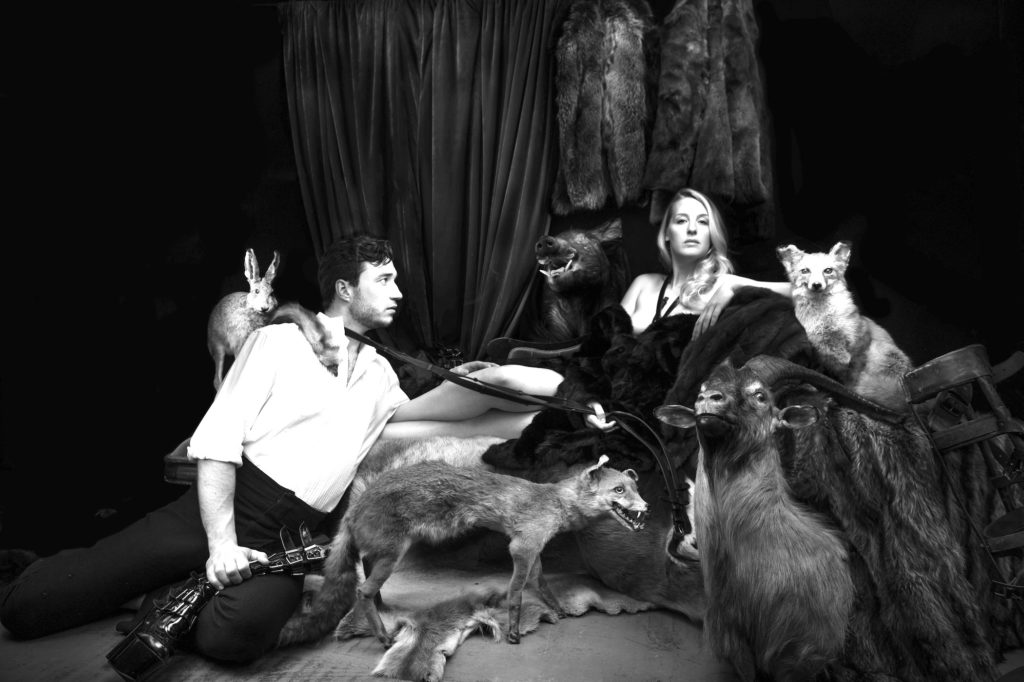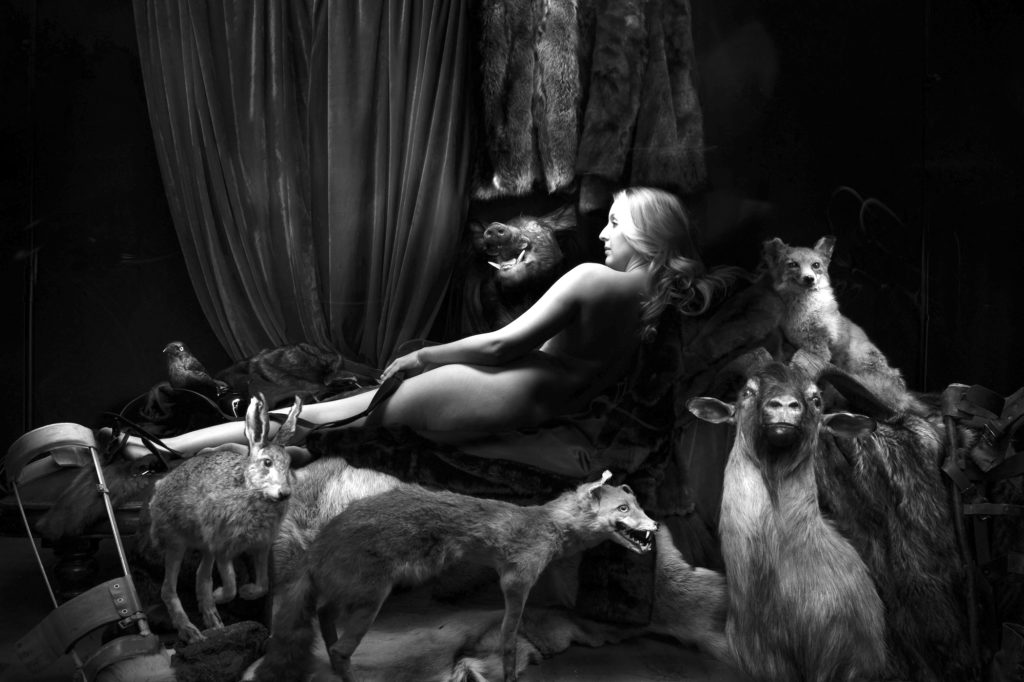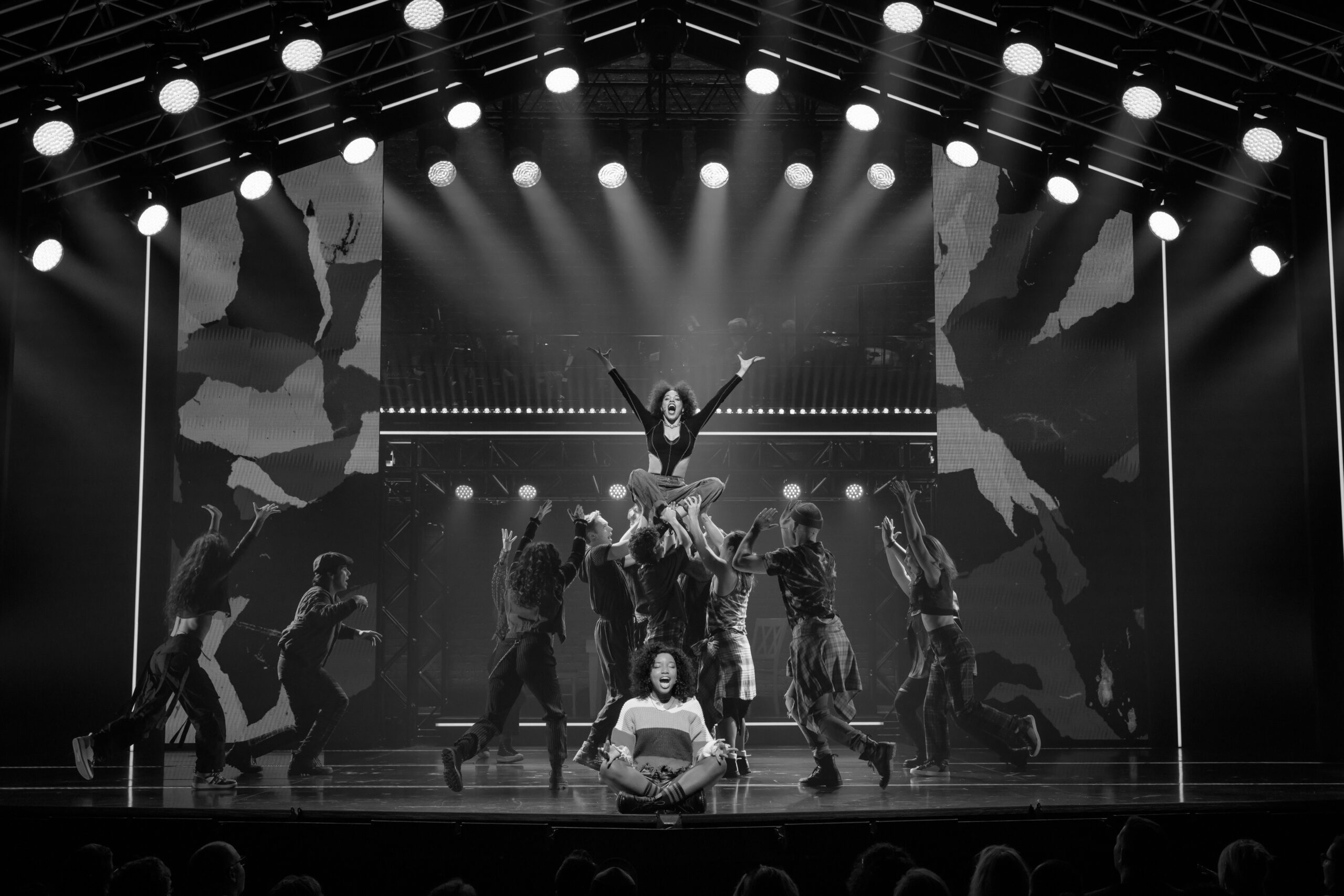VENUS
21st-century sexual politics colide with 19th-century S&M in Venus in Fur, a mysterious, funny and erotic drama. A whip-smart exploration of sexual politics, gender and power through the lense of sadomasochism. Directed by Green Room Award winner Kirsten von Bibra, it features Lightning Jar founding member Tilly Legge joined on stage by Darcy Kent as Thomas, direct from a successful season of Desert 6:29 at Red Stitch. The Melbourne Critique spoke with Director Kirsten von Bibra about the project, language and the collision between past and present.
Kirsten, lets kick things off, with this being such a well known work, how, as director, have you approached the material to breath new life into, and have it viewed through a different lens?
I think I usually enter it through the language; that’s something I am incredibly passionate about. What I do with a lot of my work, is that I re-imagine it through the way that the language is approached, how it is embodied by the actor. I am interested in enunciation, and entering it in a way that is electric and dynamic. There is a German philosopher that said “the limitation of our language means the limitation of our world.”I totally agree with that. My great passion is to celebrate language in the way that we speak. I don’t think we realize the full craft of how we speak and how we can connect an image to our imagination, because we glance over the surface of things to much. What I am interested in is delving into how language works rhetorically, emotionally, and the way the actors can be connected to the work by doing research and how they can also be connected to the work metaphorically.
Do you attribute some of this loss to our new found reliance on device and the digital interface, and in light of this, what are we set to loose in our evolution?
I do think it’s an issue that has come up in this age, this technical revolution that we have undergone.I do also think that speed plays a role, because everything is so fast these days, all about instant gratification, I love it, but not at the expense of the other. So I do work slowly and thoroughly for that very reason. Does theatre have a role to play? – well, I certainly fight all the time, to make sure it does. But I’m not sure of its success all of the time, because I often think there is this notion of “lets adapt, lets do it the way we want, they way we think it should be, which is often about the instantaneous result, so therefore, do things always have the weight or the substance they need? This doesn’t mean its not pleasurable or delightful or tantalizing in any way. And for me, that’s what theatre should be: it should be and can be much more rich and multifaceted if it does take on the beauty and craft of language.
Let’s focus again on the work itself, what from the old have you borrowed, and what of the new are you bringing to the performance?
Its a big number to pick up because it has a big historical background, it’s based on a novel from 1887 by Leopold, he was a very famous novelist at the time a professor of History hugely influenced by German romanticism, by nature, and by the female ideal, and to top it off, he was a masochist. This play, written by David Ives in 2010, is set in contemporary New York city, in a warehouse being rented by a young playwright, who has just written his own response to the historical work. The play opens with him having to spend a day auditioning 35 actresses, and being horrified that in these 35 women, he had not been able to find his perfect lead. While he is on the phone in comes this storm of a person, she bursts in and presents as this complete bimbo, totally inappropriate for the part, but her actions suggests that maybe she could work, and he agrees to audition and to then work alongside her. It becomes a whole master slave dialectic, and this work that has written jumps between these two fantastic worlds, the actors transform, they change accents. In terms of the narrative it follows this seemingly uneducated woman, as she starts to reveal things about what this man has written, that he as the writer wasn’t even aware of .
Lastly, I don’t think people should come along just because they think they will get to see some masochism played out on stage, because this is also love story, as well as being loaded with humor and revenge. In theatre we often have the agency to hold a mirror up to the audience- and that’s what this work is doing.








